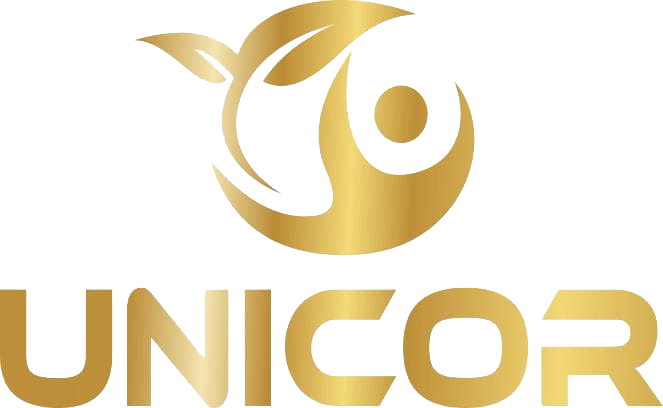Understanding the Impact of Intellectual Property on Pharma Innovation
How Intellectual Property Affects Pharma Innovation
Intellectual property is very important for the pharmaceutical sector in the sense that it gives a drive to innovate and protects investments made in R&D. Without such rights, interest in developing new medicines which would save lives would be very minimal. This blog details the role played by IP in pharmaceutical innovation, the meaning of patents, and what happens when those patents are up for expiry.
What is Intellectual Property in Pharma?
Intellectual property refers to all the legal protection systems for original works, including inventions and designs. IP in the pharmaceutical industry is mostly represented by the following:
- Patents: They grant the exclusive rights to produce and sell a new drug; usually, they are valid for 20 years. This period of exclusivity often proves critical to recover the huge expenses connected with the process of developing drugs.
- Trademarks: These are what help protect brand names and logos that assure consumers of the origin of the medication.
- Trade Secrets: Protection of proprietary process or formula is provided without the requirement for public disclosure.
How IP Drives Pharmaceutical Innovation
Developing a new drug is an expensive and long process. Patents are, therefore, important in helping companies recoup their investment and fund further research.
- Incentivizing R&D: Patent gives temporary monopoly, allowing firms to price drugs reflecting the cost of their development, attracting investment in R&D.
- Incentivizing Ongoing Innovation: The protection offered by patents encourages businesses to seek out new breakthroughs, hence a continuous stream of innovation.
- Protecting Public Health: While patents temporarily block access to generics, they allow for the development of new treatments that may not otherwise have been developed without such protections given by IP.
The Impact of Patent Expirations
Patent expiration is, therefore, the defining moment in the life of a drug. On its expiration, generic manufacturers are allowed to get ready and sell the cheaper versions, hence increasing accessibility and bringing down costs.
- Rise of Generic Drugs: In most cases, this generic competition post-patent expiry pushes down prices and thus makes these medicines quite affordable.
- Loss of Exclusivity: It is envisaged that once a patent expires, there is usually a drastic fall in revenues for the patent owner due to the cheap generics taking over the market.
- Innovation Cycle: Expiring patents motivate pharmaceutical companies to research and develop new drugs to replace the older ones.
Reconciling Innovation and Access
The challenge is reconciling the need for encouraging innovation on one hand and access to affordable medicines on the other. Mechanisms such as compulsory licensing during public health emergencies or patent pools are under study to maintain this delicate balance.
Conclusion
Pharmaceutical innovation is at the heart of intellectual property rights, especially the patent regime. Patents allow firms to have incentives for involvement in this very expensive and uncertain process of drug development. However, EQUALLY IMPORTANT to this is patent expiry, which allows for the manufacture of cheap generics and hence facilitates access to vital drugs. The challenge continues for the sector and society regarding how far this balancing act can be done to provide sufficient incentives for innovation while ensuring access to lifesaving drugs.
Follow Our Journey & Stay Connected








